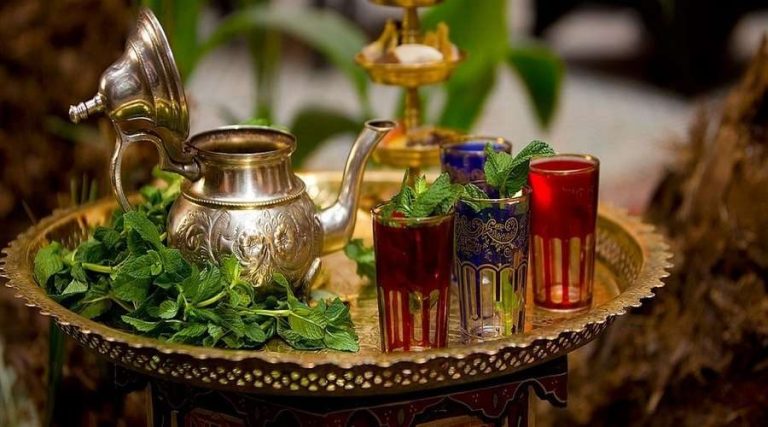Sultan's Treasure
** 2023 **
Journey Begins

Liquid Gold
Argan Oil
Argan oil, known as "liquid gold," is derived from the kernels of the argan tree native to Morocco. Its unique composition of fatty acids and antioxidants makes it a coveted ingredient in the beauty industry. Whether used as a nourishing hair treatment or a moisturizing skincare product, Argan oil is renowned for its ability to promote healthy and radiant skin.

Tradition
Food, Clothes & Much More
Moroccan culture is rich and diverse, especially when it comes to its exquisite food, aromatic oils, and beautiful ornaments. The country's cuisine is a delightful blend of flavors and spices that tantalize the taste buds. From the famous tagine dishes, couscous, and mouthwatering pastries like baklava, Moroccan food is a true culinary delight.
The Moroccan culture is also renowned for its exquisite ornaments and handicrafts. From intricately designed rugs and tapestries to beautifully hand-painted ceramics and metalwork, Moroccan artisans showcase their exceptional skills and craftsmanship. These unique and vibrant pieces add a touch of elegance and cultural charm to any space.

People
Heritage
Moroccan people are known for their rich cultural heritage and warm hospitality. They are the native inhabitants of Morocco, a country located in North Africa. The Moroccan population is diverse, with a significant presence of Berbers, who are the indigenous people of the region.
The Berbers, also known as Amazighs, have a long history dating back thousands of years. They have their own distinct language, customs, and traditions. Berber communities can be found throughout Morocco, with some residing in the Atlas Mountains and the Sahara Desert.
Moroccans and Berbers have contributed immensely to the country's vibrant art, music, and cuisine. Traditional Berber music, characterized by rhythmic drumming and melodic chants, is a significant part of Moroccan culture. The cuisine of Morocco, famous for its aromatic spices and flavors, reflects the diverse influences of both Moroccan and Berber traditions.

History
Atlas Mountains
The Atlas Mountains, located in Morocco, hold a rich history that dates back thousands of years. These majestic mountains have played a significant role in the region's cultural and economic development. Throughout history, the Atlas Mountains have served as a natural barrier, separating different regions and civilizations. They have witnessed the rise and fall of various empires, including the Carthaginians, Romans, and Berber dynasties. The mountains were also crucial for trade and commerce, as they provided a strategic route for the transportation of goods between the Sahara Desert and the coastal areas. This trade network facilitated the exchange of valuable commodities such as gold, salt, and spices, contributing to the prosperity of the surrounding civilizations.

